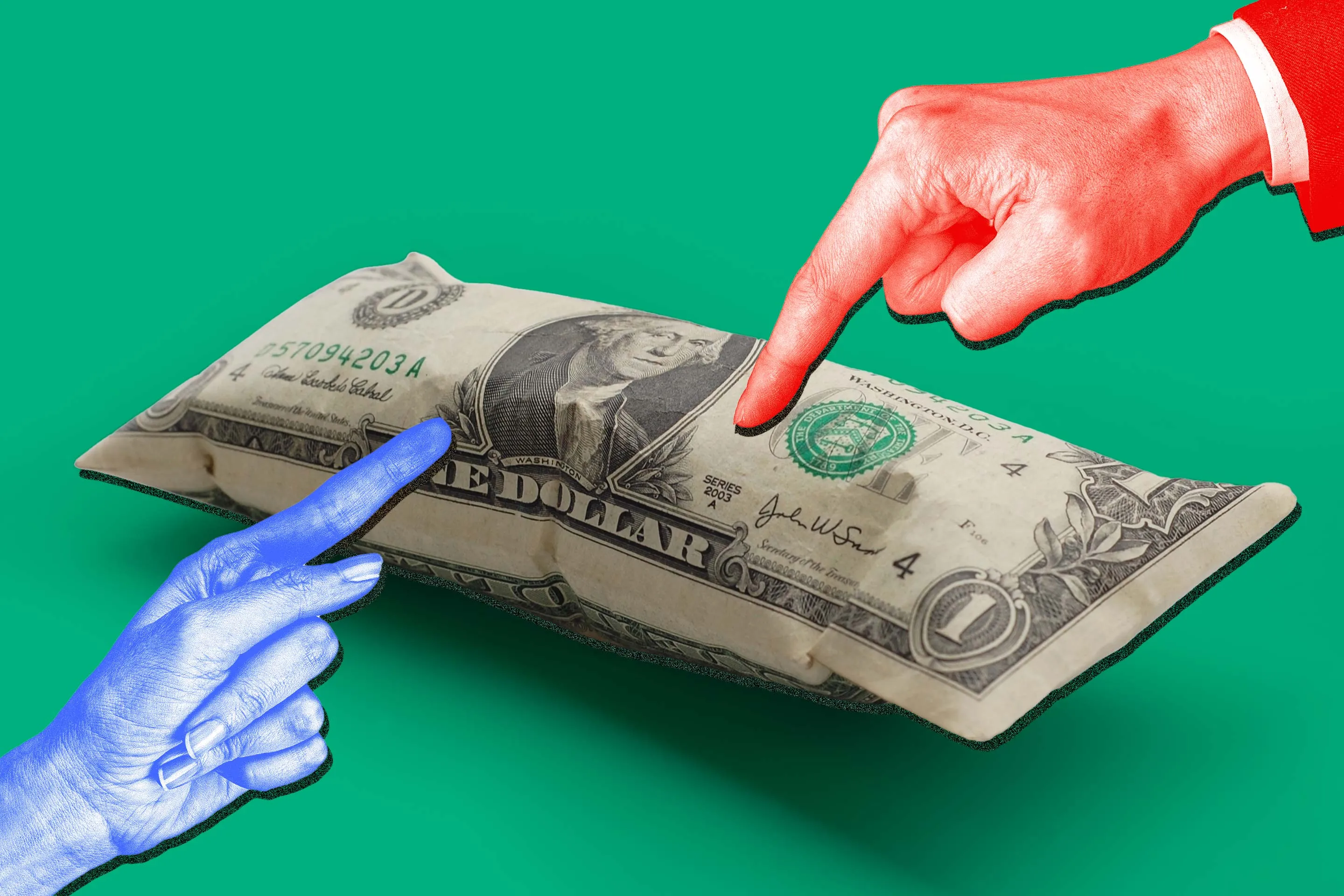While the current U.S. inflation rate is roughly within normal limits, it remains one of the biggest concerns for voters ahead of the 2024 presidential election. But comparing candidates’ approaches to inflation—both past and future—is difficult.
On the one hand, the Biden-Harris administration’s performance is abysmal if simply measured by how much prices have risen since the day the duo took office. Cumulative inflation since January 2021 is around 20%. This is considered one of Vice President Kamala Harris’ biggest electoral weaknesses, especially since prices really began to rise in the winter when President Joe Biden was inaugurated.
On the other hand, policies have long-term effects even after the president leaves office. Many experts say former President Donald Trump’s response to the pandemic — and the era’s stimulus spending — contributed to the inflation and economic woes Biden has had to face.
So, who will be better for further development of inflation? Even though 54% of voters in a recent Gallup poll said they prefer Trump as leader of the overall economy, most economists choose Harris.
In a new survey of 50 economists conducted Wall Street Journal68% said inflation would have been higher if Republican Trump’s policies had taken effect, while only 12% said it would have been higher under Democrat Harris’ plans. The remaining 20% said there would be no significant difference.
Magazine blamed Trump’s proposed tariffs for the wide gap between how economists project the candidates will handle inflation. During the campaign, Trump said he would impose a tariff (tax) of 60% on some Chinese goods and a tariff of at least 10% on foreign goods overall. While the tariffs may help some U.S. manufacturers, they will likely lead to higher prices for everyday consumers.
In a separate panel of economists conducted by the University of Chicago Booth School of Business, 94% of respondents said they agreed or strongly agreed with the statement that “the imposition of tariffs results in a significant portion of the tariffs being borne by the consumers of the country that imposes the tariffs by raising prices.” .
Harris’ inflation plans include initiatives to lower drug prices and curb corporate “price gouging,” which she blames for things like grocery inflation. However, the same group of economists generally agree that “there is little empirical evidence that price gouging causes high food prices.”
Election question about inflation
Whether inflation will be worse under Trump or Harris will ultimately be up to voters, and their choice will likely depend on who they blame for the latest price rise.
Some of the questions voters are now asking are, for example, who exactly is responsible for the last inflation crisis and who could prevent it from happening again? — bear similarities to the age-old debate about economic responsibility during election years.
A more recent example is the 2012 election, when former President Barack Obama criticized his economic performance and the pace of the country’s recovery from the Great Recession in his first term. But his victory could be seen as an indication that many voters accepted that he inherited a poor economy from previous President George W. Bush.
Fast forward to 2024, and while many voters blame Biden for the high prices they face, others seem to understand that his policies are not the right ones. only the reason they pay $5 for eggs. The debate is now about whether they will be willing to ignore the weak inflation statistics over the past (almost) four years when choosing the country’s next leader.
More money:
Best Credit Cards for October 2024
Americans believe that inflation will worsen after the elections. Should we worry?
9 financial issues that matter most to voters this election
